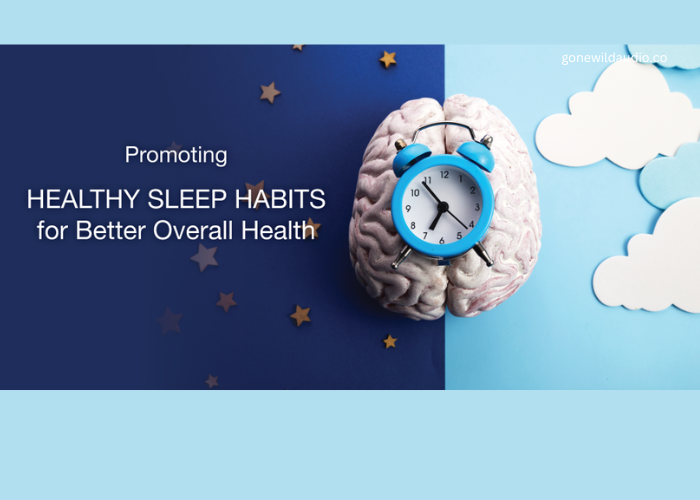In today’s fast-paced, hyper-connected world, prioritizing sleep has become a critical aspect of maintaining overall health and well-being. As we step into 2024, a deeper understanding of the relationship between sleep and health has emerged, highlighting its role as a cornerstone of physical, mental, and emotional wellness. This article explores why sleep is vital and how cultivating better sleep habits can lead to improved health outcomes.
The Science of Sleep
Sleep is a complex biological process that is essential for the body’s recovery and repair. During sleep, the brain consolidates memories, clears out toxins, and regulates hormonal balance. Research in 2024 continues to unveil how sleep impacts critical bodily functions, including immune response, metabolism, and cognitive performance.
The circadian rhythm—our internal body clock—dictates the sleep-wake cycle. When disrupted, it can lead to various health issues, such as increased stress, weight gain, and a weakened immune system. Sleep scientists emphasize that consistent, quality sleep is just as important as diet and exercise for overall health.
Health Benefits of Quality Sleep
- Enhanced Cognitive Function Adequate sleep improves focus, decision-making, and creativity. It also reduces the risk of neurodegenerative diseases, such as Alzheimer’s, by facilitating the removal of brain waste products accumulated during wakefulness.
- Stronger Immune System Sleep strengthens the immune response by enhancing the production of infection-fighting cells and antibodies. People who get sufficient sleep are less likely to contract illnesses and recover faster when they do.
- Mental Health Resilience Sleep is closely linked to mental health. Insufficient sleep can exacerbate anxiety, depression, and stress, while restorative sleep promotes emotional stability and resilience.
- Better Physical Health Quality sleep helps regulate blood pressure, reduces the risk of heart disease, and supports healthy weight management by balancing hunger hormones like ghrelin and leptin. It also improves athletic performance and muscle recovery.
Challenges to Sleep in 2024
Modern lifestyles pose unique challenges to achieving optimal sleep. Factors such as increased screen time, the prevalence of remote work, and rising stress levels can disrupt sleep patterns. Blue light emitted by digital devices interferes with melatonin production, making it harder to fall asleep. Additionally, irregular work schedules and global connectivity often blur the boundaries between work and rest.
Tips for Better Sleep
- Establish a Sleep Schedule Going to bed and waking up at the same time every day reinforces the circadian rhythm and improves sleep quality.
- Create a Sleep-Friendly Environment Ensure your bedroom is dark, quiet, and cool. Investing in a comfortable mattress and blackout curtains can make a significant difference.
- Limit Screen Time Reduce exposure to screens at least an hour before bed to minimize the impact of blue light on melatonin production.
- Practice Relaxation Techniques Activities such as meditation, deep breathing, and reading can help calm the mind and prepare the body for sleep.
- Avoid Stimulants Limit caffeine and nicotine intake, especially in the afternoon and evening, as they can interfere with the ability to fall asleep.
The Future of Sleep Health
In 2024, advancements in sleep technology offer promising solutions to address sleep-related challenges. Wearable devices, smart mattresses, and sleep apps provide personalized insights into sleep patterns, empowering individuals to make informed adjustments to their habits. Meanwhile, workplace policies that promote work-life balance and prioritize employee wellness are gaining traction, reflecting a growing recognition of sleep’s importance.
Conclusion
Sleep is not a luxury but a necessity for optimal health. By prioritizing sleep and adopting habits that support restful nights, individuals can improve their physical health, mental well-being, and overall quality of life. As awareness grows and technology advances, 2024 presents an opportunity to embrace the power of sleep as a foundational element of a healthier future.

